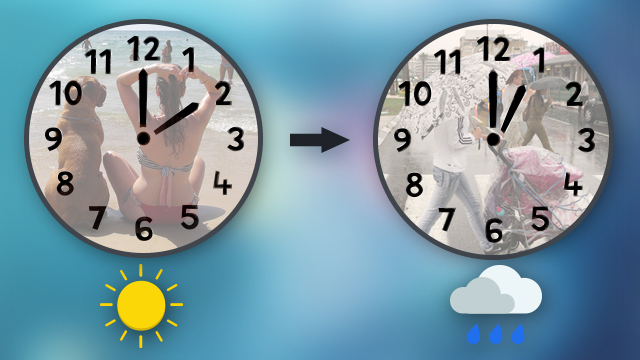Daylight Saving Times comes to an end in Israel in the early hours of Sunday, with the clock going back one hour at 2am - giving locals an extra hour of sleep.
Israel's summer clock lasted 210 days in 2020 and will return on Friday, March 26, 2021, just in time for the Passover holiday.
In 2013, the Knesset passed a law extending Daylight Saving Time, which according to the Energy Ministry has saved the country's energy consumption market over NIS 200 million (roughly $56.57 million) since it went into effect.
In March 2020, ministers planned to delay Daylight Saving in order to discourage gatherings during coronavirus. However, it was decided this would be too technically difficult to implement at such short notice.
Citing the advantages of Daylight Saving, many support making it last throughout the year. Supporters argue the winter clock leads to shorter evenings, increases the risk of road accidents because drivers spend more time driving in darkness, and elevates expenses by hundreds of millions of shekels.
"Due to the coronavirus pandemic, the long summertime that is ending this week has unfortunately not contributed to the country's citizens and to its economy," Interior Minister Aryeh Deri said.
"I pray that Daylight Saving Time will return in March with good news and an end to the pandemic."


